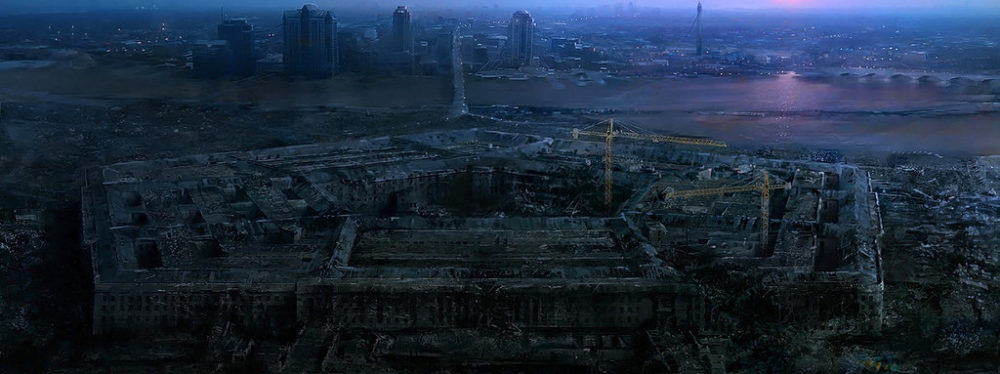I’ve known quite a few survivalists over the years. Some better than others, but all survivalists, of some stripe, nonetheless. I’ve known left-handed survivalists, brown-eyed survivalists, and I’ve even known a bald survivalist. Now, if you re-read that last sentence you are, I would imagine, asking yourself “WTF cares about a survivalist being brown-eyed?” or some similar thought. I phrased it that way because I kinda get that some “WTF cares?” when I see articles about [gay/black/female/insert marginalized group] survivalists. Case in point:I Tried To Keep Up With Black Survivalists Who Are Ready For Any Disaster.
Do black survivalists keep different blankets in their car during the winter than white survivalists? (I asked this question rhetorically to someone and then flippantly followed it up with ‘although I suppose they don’t keep as many white sheets as the white survivalists’. Bad Zero, bad.) Do black survivalists use different brands of home canning equipment than white survivalists? Do black survivalists stockpile different mouthwash, batteries, band-aids, and bleach than white survivalists? Pretty much no. So why the need to identify as ‘black survivalist’? (as an aside, the article features a link to Aton Edwards, whom we first met waaaaaay back here)
I suppose the seemingly rational answer might be “Well, black populations earn less than white populations, live in completely different (meaning urban) environments than white populations, and face great disparity in how they are treated.” Ignoring, for a moment, that attributing particular traits and qualities to a particular demographic based solely on race is…well..pretty much the textbook definition of racism…..so what? Aren’t there plenty of ‘other’ that also earn less, live elsewhere, and get treated poorly?
I’ve met gay survivalists, female survivalists, Asian survivalists, and while I have never met a black survivalist (the odds are pretty strong against it in a state as homogenous as mine) I cannot fathom that we’d get along any differently than if we both racked the same numbers on the Pantone chart.
I’m not sure why anyone needs (or wants) to throw a self-descriptive adjective before the term ‘survivalist’ when identifying themselves (gay survivalist, black survivalist, wiccan survivalist, Armenian survivalist, flatulent survivalist, etc.) You’re a survivalist…period, full stop.
I suppose the one reason that might have some merit is to meet and join with ‘like’. The gay survivalist wants to associate with other gay survivalists, the Asian survivalist wants to hang with other Asian survivalists, etc. People, broadly, tend to be more ‘at home; with people who mirror themselves in some way…beliefs, race, orientation, age, etc…..so I suppose that could be a reason. But, generally speaking, just call yourself a ‘survivalist’ and leave it at that. After all no one responds to questions about their occupation with “Im an Italian accountant”, “I’m a Lutheran plumber”, “I’m a male housepainter”, “I’m a Jewish insurance claims adjuster”.
Identity politics has already led to all sorts of nonsense and problems…why bring it into survivalism?

